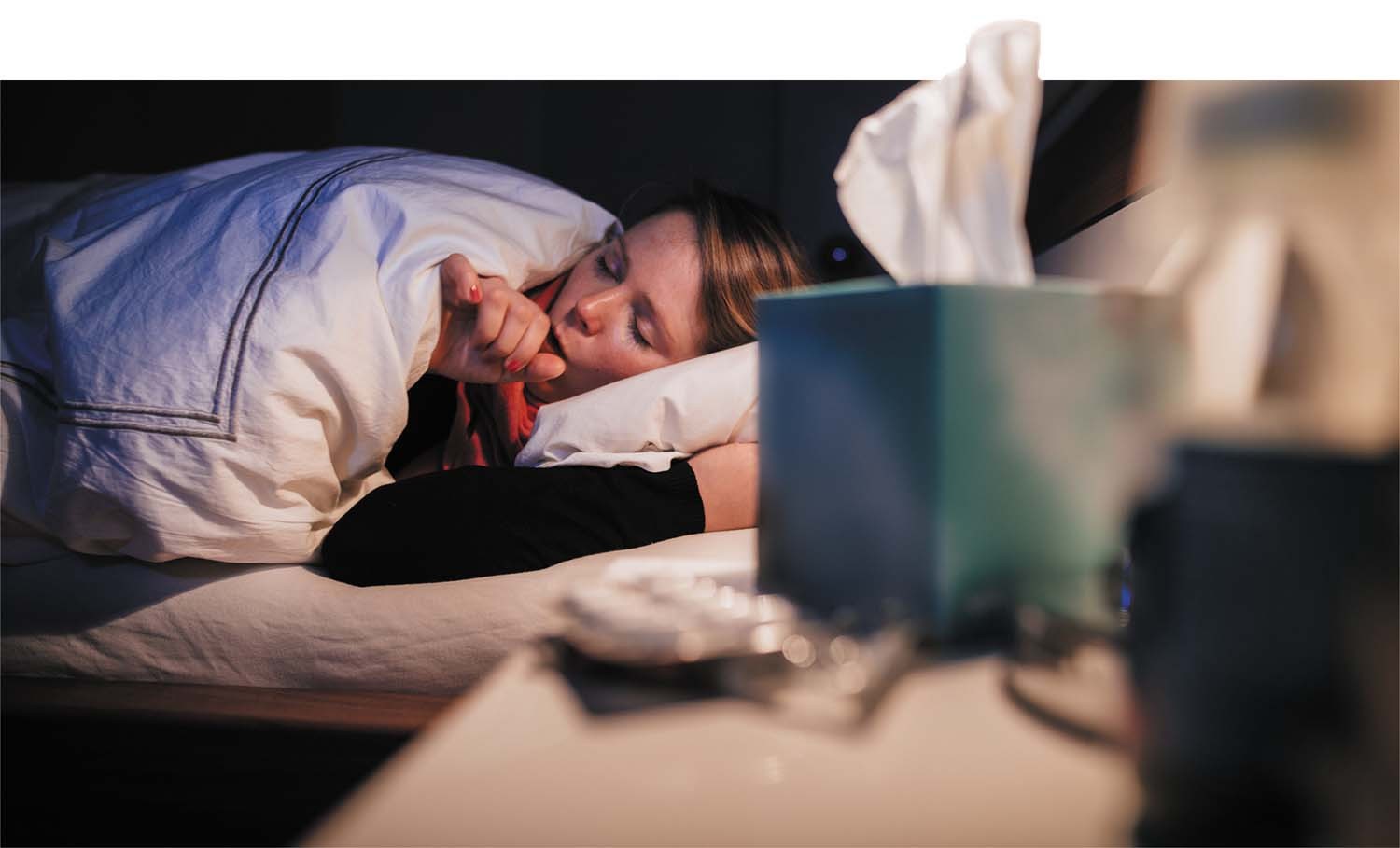 photo of a woman in bed sleeping; next to her on the night stand are a box of tissues and a blister pack of cold medication
photo of a woman in bed sleeping; next to her on the night stand are a box of tissues and a blister pack of cold medication
Do you find your cold or flu symptoms worsening at night? You’re not alone. Many people experience a surge in discomfort as the day ends. This article explores the science behind why you might feel more sick at night, delving into the roles of circadian rhythm, hormone fluctuations, and even sleeping positions.
The Circadian Rhythm and Immune Response
Our bodies operate on a 24-hour internal clock known as the circadian rhythm. This clock influences various bodily functions, including our immune system. Studies suggest that immune cells become more active at night, leading to increased inflammation as they combat infections. This heightened inflammatory response can intensify cold and flu symptoms like coughing, congestion, and body aches.
The Role of Cortisol
Cortisol, a hormone that regulates stress and inflammation, also plays a significant role in how we feel at night. Cortisol levels naturally rise in the morning, helping to suppress inflammation and alleviate symptoms. However, these levels drop in the evening, allowing inflammation to increase and symptoms to worsen. This hormonal fluctuation can explain why a cough that seems manageable during the day becomes more persistent and bothersome at night.
How Sleeping Position Affects Symptoms
Believe it or not, the simple act of lying down can exacerbate nighttime sickness. When you lie flat, mucus can pool in the back of your throat, triggering coughing fits and making it harder to breathe. This effect is further amplified if you’re already experiencing congestion. Elevating your head with an extra pillow can help to drain mucus and alleviate these symptoms.
When to Seek Medical Attention
While most cold and flu symptoms improve within a week or two, a persistent cough lasting longer than three weeks warrants a visit to your doctor. Prolonged symptoms could indicate a more serious underlying condition requiring medical attention. Don’t hesitate to seek professional advice if your nighttime symptoms are severe or don’t improve with time.